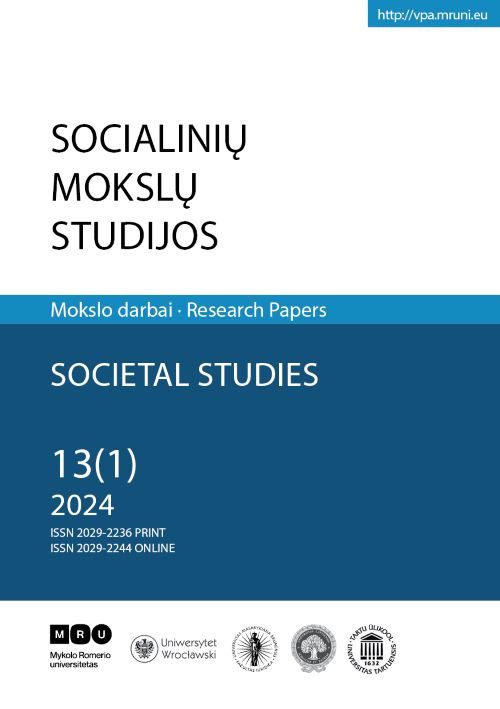PIERRE TEILHARD DE CHARDIN'S LIFE AND THOUGHTS IN THE CONTEXT OF OPEN CATHOLICISM
##plugins.themes.bootstrap3.article.main##
Abstract
The article analyses the philosophical and theological views of the Jesuit, palaeontologist, philosopher, theologian and mystic Pierre Teilhard de Chardin (1881-1955) in the context of Open Catholicism. This is one of the two types of Catholicism alongside traditional Catholicism based on a literal interpretation of the dogma “extra ecclesiam nulla sallus”. In its context, Open Catholicism is characterised by the rejection of the claim to regard Catholicism as the only salvific religion, expressed in the outward signs of faith, and by the recognition of Catholic exclusivity in the spiritual power of Catholicism. Teilhard’s life and ideas are analysed in this article as one of the most radical and therefore illustrative cases of open Catholicism in the 20th century. Much attention is paid to the biographical preconditions for the formation of Teilhard’s evolutionary conception of Christianity - the worldview antinomies (attraction to spirit and matter, to faith and science) - the spiritual and intellectual motivations and the efforts to achieve his own world-view integrity. The synergetic aspects of the Theilhardian worldview are highlighted, i.e. the features of the world as a self-organising system with a centre (the Omega point, identified with Christ) that transforms the system and changes as a result of the growth of the system.
##plugins.themes.bootstrap3.article.details##
Authors retain copyright of their work, with first publication rights granted to the Association for Learning Technology.







